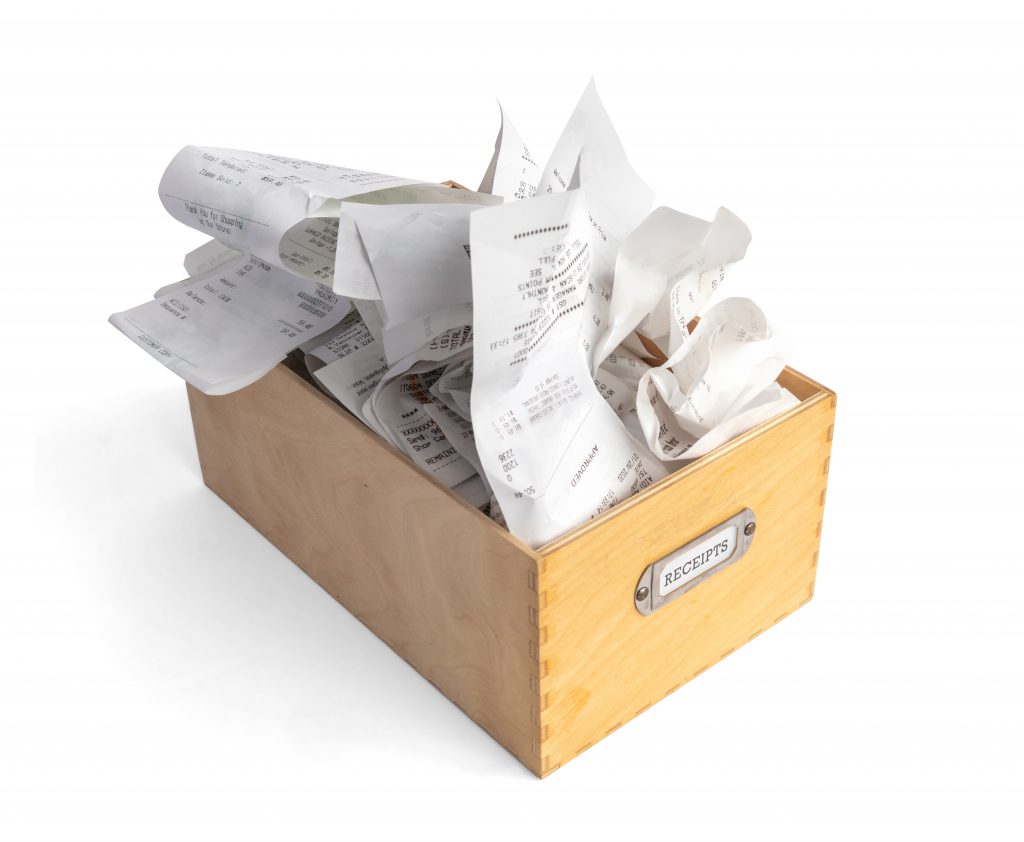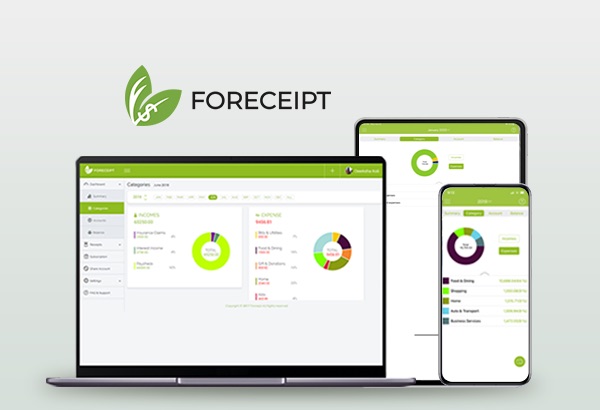Lessons & Advice From a
Did you know that many business owners risk throwing away their money in tax season?
Many self-employed individuals either don’t track their receipts or leave them disorganized, which results in potentially paying additional tax as they may not have the documentation required to support their expenses.
If you’re not keeping sufficient documentation of your expenses, then tax season will become a nightmare. Running through a pile of receipts at the 11th hour to figure out your expenses is a recipe for disaster.
This article will help you avoid the laborious work and set you up for success during tax audits, whether you’re self-employed or running a business.
Below are a few positive and negative experiences some have had during an audit. We will identify what lessons you should learn to avoid losing money during tax seasons because of poor receipt handling.
With that said, let’s learn from the experiences of Zach, Mark, and Zoey (Not their actual names).
Negative Experience 1: Improper Documentation


Meet Zach, who is self-employed. During a tax audit, the auditor finds out that Zach has been paying sales tax, but some of his receipts with large amounts paid do not have the vendor’s tax registration number and the amount of tax he paid. At the end of the audit, the tax Zach claimed was denied resulting in tax owing and interest.
Failing to have the vendor’s tax number or an invoice with unclear tax amounts gives a tax auditor an easy way to deny the credits being claimed.
Negative Experience 2: Poor Categorization
Positive experience: Proper Organization


Zoey made a good impression in the first five minutes of the audit. When the auditor picked an amount of a return and asked for the details, Zoey was able to respond quickly and accurately. She has broken down the amount the auditor requested into individual transactions and each transaction can be traced back to a piece of supporting documentation such as an invoice or receipt. Not only did she have all her receipts, but all the receipts had the requisite details. This made the auditor’s job easy.
What was Zoey’s secret to a stress-free, successful tax audit? She made use of software that captured, stored, and organized all her receipts.
Lessons To Learn From These Experiences
- Never wait until the end of the year before you keep track and organize your receipts.
- Use receipt tracking software that will store and organize your receipts. It is more likely that you will lose or misplace supporting documentation if not captured right away.
- Keep your receipts and organize them in an orderly manner. Being organized gives an auditor confidence that you know what you are doing.
- Proper preparation is the key to surviving tax season and winning an audit. Make it easy to prepare your return and by extension, deliver on tax audit requests accurately in a timely manner.
What Proper Receipt Tracking Means To You
First, proper receipt documentation will make it easier to file your tax. Second, it helps you monitor your business expenses and helps you separate items that require special tax treatment such as deductible and non-deductible expenses. Keeping your receipts organized will help you keep tax auditors happy. Deliver on tax audit requests quickly and accurately to allow tax auditors to finish their work faster so that they can move on from your file.
Tracking Expenses Is Easier With Software
As easy as it seems, no one enjoys tracking expenses. It is a tedious task and most times we become too busy and forget about it. You can use receipt tracking software to achieve your goal of a smooth tax season and stress-free expense tracking.
Receipt tracking software will serve as your document manager on the go, whether you’re a business owner, self-employed worker, contractor, or freelancer.
With a receipt tracker, you can:
- Snap and scan your receipts: To immediately add the data to your accounting program and store them on the cloud so you never lose them.
- Customize your categories: You can customize expense categories to meet your needs, or use the default IRS / CRA categories for the US / Canadian users.
- Add email receipts: You can send email receipts which will be converted into an expense item.
- Produce tax reports: You can generate your expense reports and send them to your accountant or invite him or her as your team member.
Team Collaboration: Where Expense Tracking Becomes Smooth And Productive
One common problem businesses face when using receipt tracking software is having several user accounts that track expenses. This can be difficult when trying to figure out which account did what and why. However, when you use software that has a Team Collaboration feature, you can create one account for your company so your team members can collaboratively track expenses and view all captured receipts in that one account.
This feature makes your company’s expense tracking more organized, reduces miscommunication, and prevents losing your team expenses. With this feature, you can invite your bookkeeper, assistant, or accountant. Team Collaboration gets your team all on the same page, working together.
Receipt Tracking Software Makes The Difference
From the experiences above, we saw how the absence of receipt software can make receipt tracking stressful, which can cause problems during audits. Although not strictly necessary, it can help. When you or your business have a reliable receipt tracker at hand, you can avoid the chaos of tax season
Relieve yourself from the tedious work of handling paper receipts, which might get missed or damaged. Make receipt tracking easy for you or your team members by using receipt software to capture/ organize receipts, have a clearer understanding of your business expenses, and set yourself up for a stress-free tax season.


Ellis Chan
Ellis Chan is a Chartered Professional Accountant and a Chartered Accountant. His firm assists small businesses and individuals with accounting, tax and advisory services. You can find him on LinkedIn.

